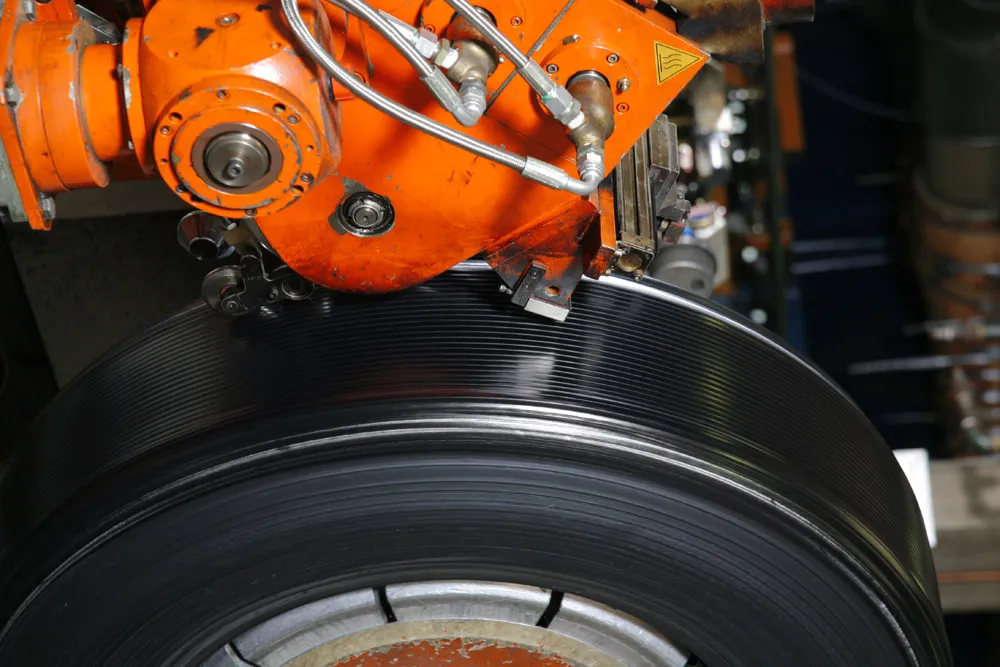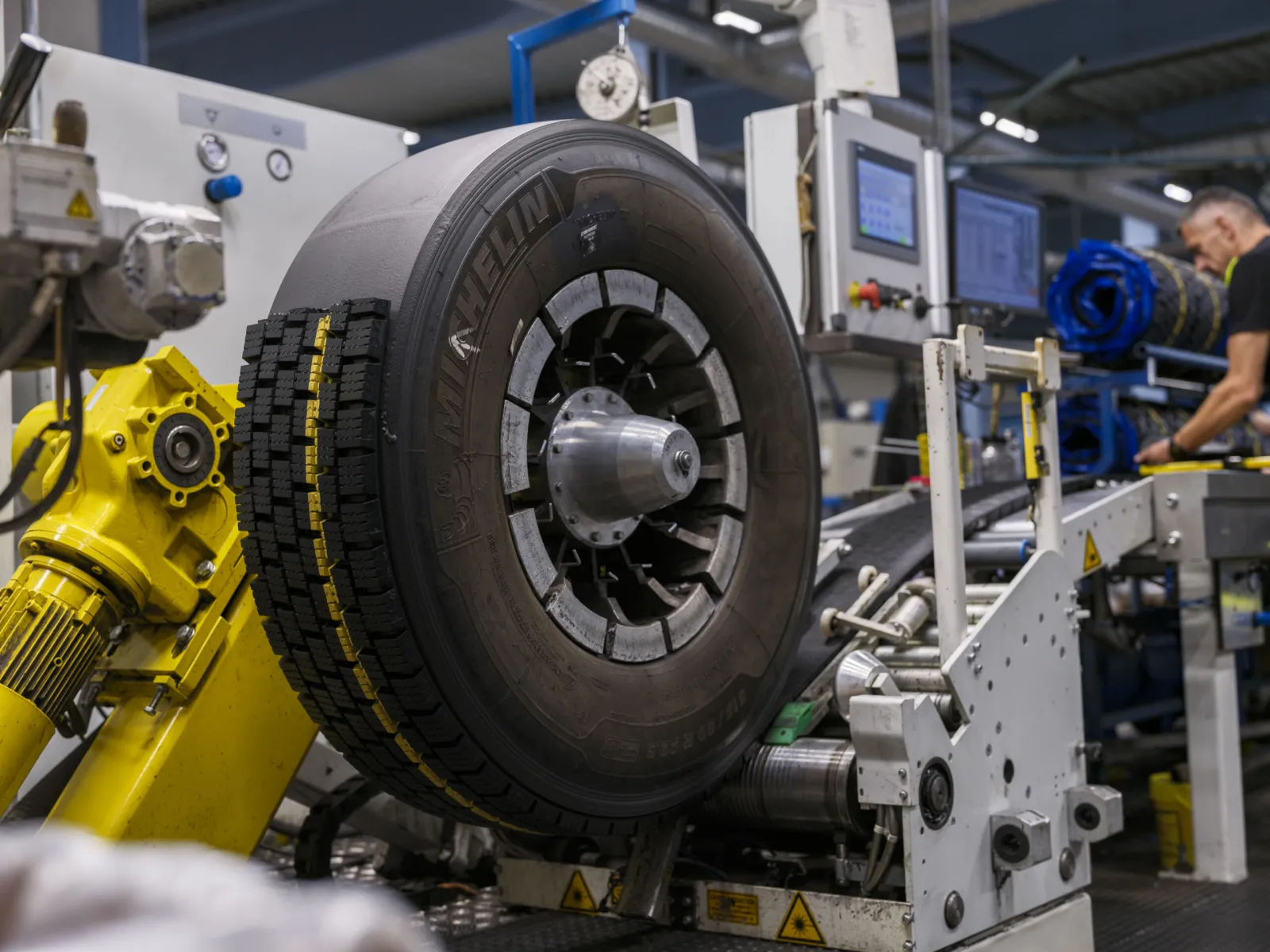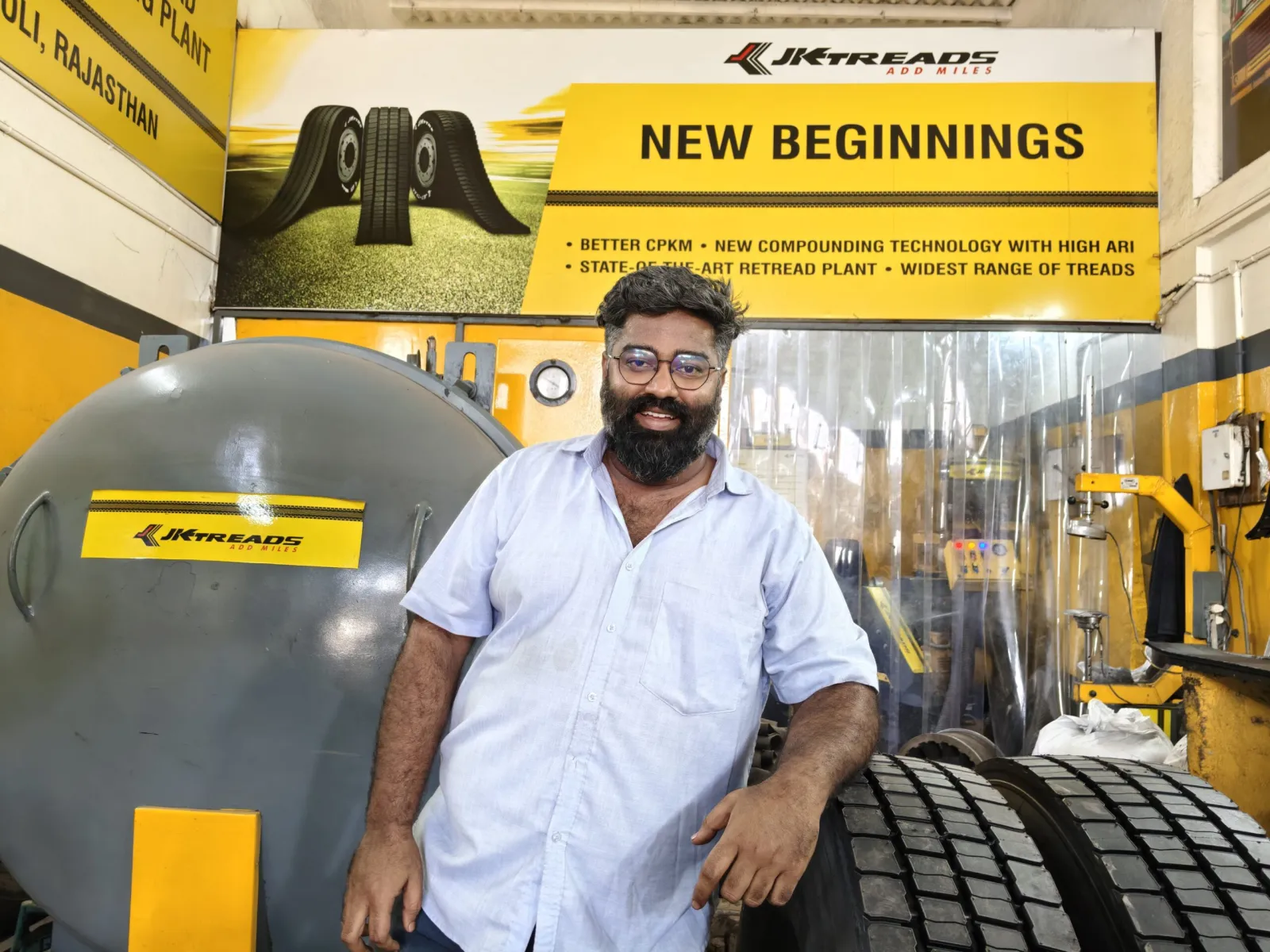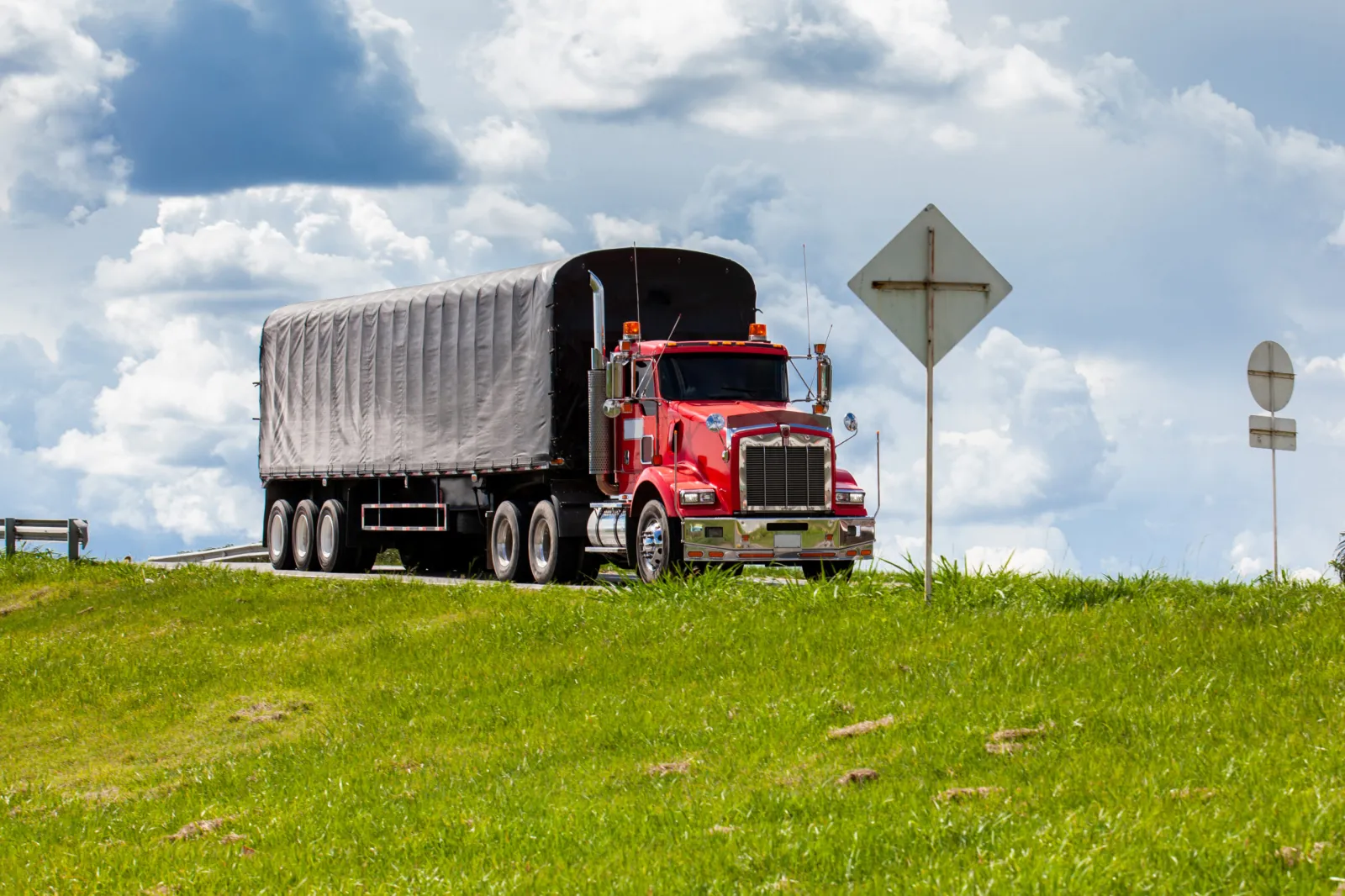Today, Vaculug, Europe’s largest independent tyre retreader, has proposed a new policy initiative to further national environmental objectives, secure British jobs, and deliver millions in taxpayer savings.
Protecting UK Retreading
Vaculug has submitted a formal response to the UK’s Cabinet Office consultation, Public Procurement: Growing British Industry, Jobs, and Skills. The submission calls for a mandate requiring public sector fleets to use retreaded tyres. A policy change that will deliver substantial economic and environmental benefits while bolstering the UK’s domestic manufacturing sector.
Vaculug’s submission, the first of its kind, highlights that retreaded tyres offer a significant opportunity for government fleets to cut costs and meet sustainability targets. Retread tyres are manufactured to the same safety standards as new ones.
The submission argues that mandating retreads would:
- Reduce Costs: Retreaded tyres can cost up to 50% less than comparable new tyres, potentially saving the public sector millions annually. The extended life of a retreaded tyre, which can be reused multiple times, also results in a 30-50% lower cost per mile over its lifetime.
- Boost UK Industry: The UK’s tyre retreading industry is an important part of the nation’s circular economy, contributing an estimated £230 million to the economy and supporting over 5,500 skilled jobs. The policy would create a stable, long-term market for the sector and reduce reliance on imported goods.
- Deliver Environmental Gains: Retreading is a highly sustainable practice. The process uses 70% less raw material than manufacturing a new tyre, with a single retread saving around 68 kg of landfill waste. It also reduces energy consumption by 68% and prevents an estimated 115 kg of CO2 from entering the atmosphere per tyre.
Jorge Crespo, UK Managing Director of Vaculug, said:
“Mandating retreaded tyres in public procurement is a win-win-win for the economy, the environment and the UK’s industrial base. Britain is behind the international curve on this one.
“It isn’t just a cost-cutting measure; this would be a strategic policy realignment to match the UK’s Net Zero ambitions, support thousands of skilled jobs in British manufacturing and position this government as a leader in sustainable public procurement. It is a cost-free policy change that simply requires amendments to the procurement paperwork.
“The evidence is clear and the international precedent is well-established. Now is the time for the UK to make the change.”
Vaculug, which is celebrating 75 years in business, was founded in 1950 and has grown to become Europe’s largest independent retreader of truck and off-the-road (OTR) tyres. Based in Grantham, Lincolnshire, the company has positioned itself as a leader in sustainable innovation. Notably, it was the first tyre company in Europe to achieve B Corp certification. Alongside the production of retreaded tyres, Vaculug also provides fleet management solutions and continues to develop new products, such as the ERV Electro+ tyre designed specifically for electric vehicles.
Retreading Around the World
The retreading sector plays a significant role in the UK economy, supporting more than 5,500 jobs and generating an estimated £230 million in economic value. Far from being a niche practice, international examples show that retreading is widely recognised as a leading policy tool for advancing economic, environmental and industrial objectives. With this in mind, the UK has an opportunity to strengthen its position on the global stage by championing green public procurement as part of its wider sustainability strategy.
In the United States, federal and state governments mandate the use of retreads for heavy-duty vehicle fleets, with half of all truck tyres on the road retreaded, including those used by the US Postal Service and other government agencies. This policy framework has delivered billions of dollars in taxpayer savings and underpins a domestic industry that supports 268,000 jobs. Across the European Union, several member states such as France, Germany and Italy have integrated retread requirements into procurement policies and circular economy strategies, leading to retread penetration rates of more than 70 per cent in eligible municipal and regional fleets. The sector supports more than 30,000 jobs across Europe while reducing waste and raw material use. By contrast, the UK currently relies on voluntary measures, with low levels of awareness and limited uptake in public fleets beyond buses and heavy goods vehicles. As a result, retread penetration rates remain between 10 and 30 per cent, reflecting missed opportunities for cost savings and environmental benefits.







